Modern air travel might test our patience from time to time with long security lines and expensive snacks, but did you know that a century ago, just boarding a flight was a hard task for people? Early pilots flew without any help of GPS, plush lounges, or even paved runways, some flights only took off after literally carving their own takeoff paths into the earth. The airports these early days flights launched from weren’t just regular terminals; they were the frontlines of human innovation and the mind.
It's amazing to think that even though the aviation business has advanced significantly since those early days, a number of airports from that era still serve travelers today.
Rank 10th: Albany International Airport (ALB) Founded in 1928
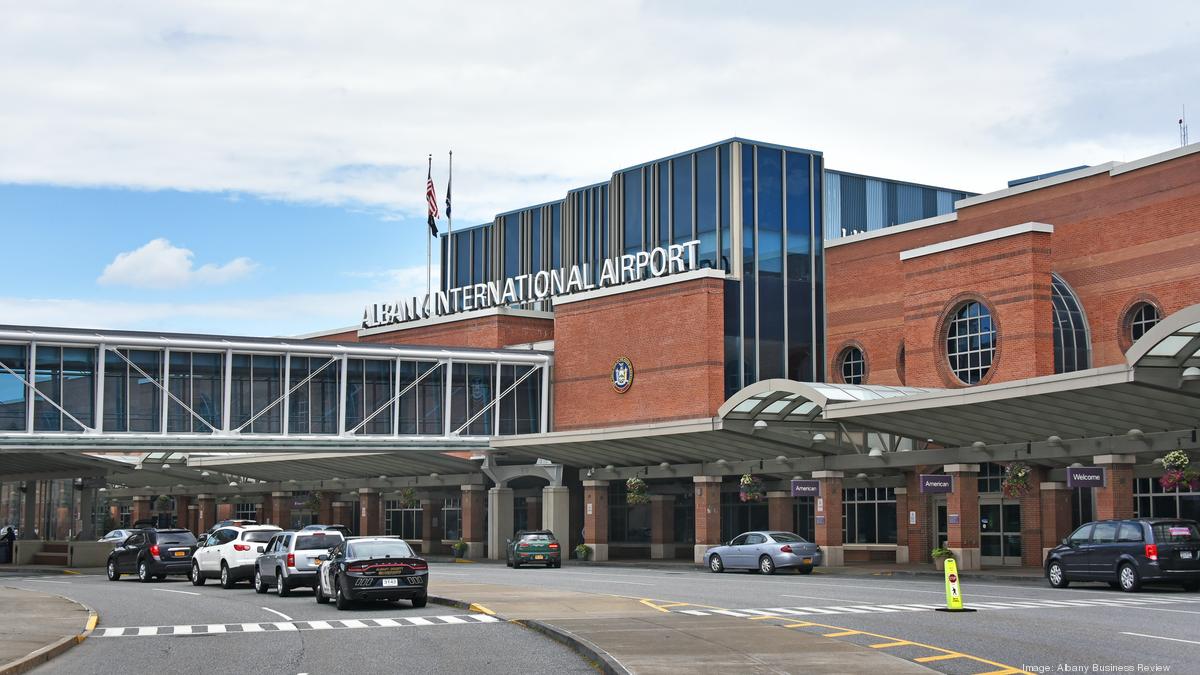
Source: The Business Journals
Albany International Airport (ALB) is a standing testimony to the expansion of American aviation in the late 1920s.
The airport was first built to serve the capital area of New York, and it started operations during the golden period of the aviation industry, when commercial travel was still only accessible to the wealthy and adventurous people.
Over the course of its almost 100-year history, the facility has experienced several changes. In 1962, the terminal underwent significant improvements to modernize it for the arrival of the jet era.
The airport's capacity was increased by another major expansion in 1979, and modern amenities and better passenger flow were introduced during the 1998 restoration.
Currently handling about 2.7 million passengers a year, Albany International Airport (ALB) connects the area to important domestic and international locations and acts as a vital entry point to upstate New York.
Rank 9th: Minneapolis/Saint Paul International Airport (MSP) Founded in 1920
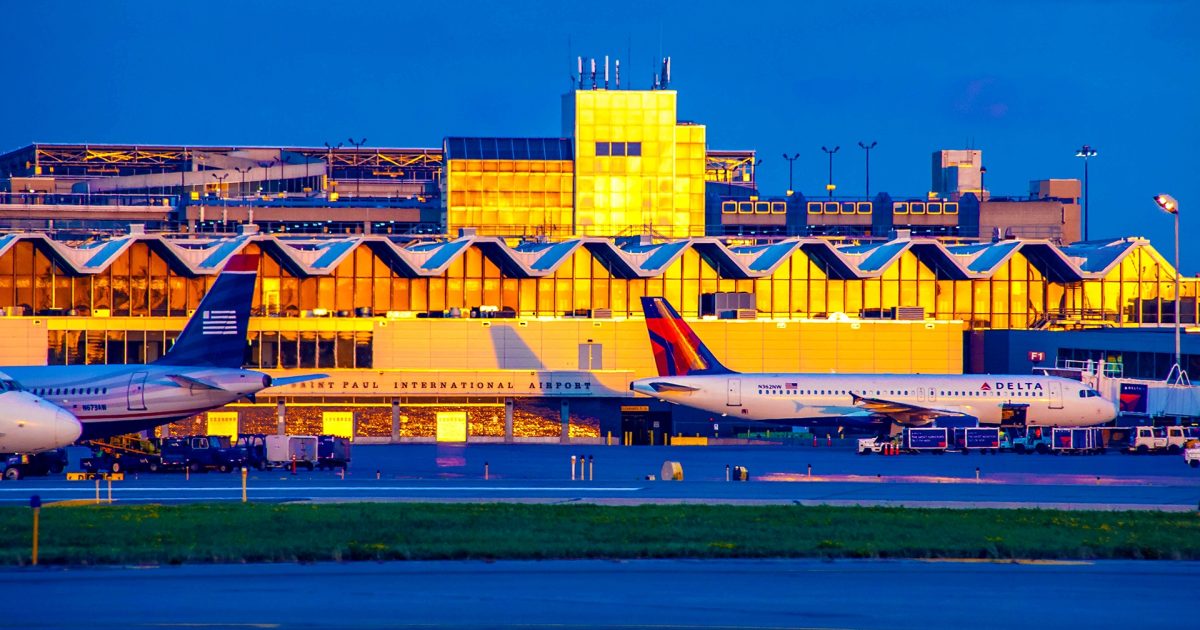
Source: Meet Minneapolis
In 1920, as aviation was shifting from military to commercial usage after World War I, Minneapolis/Saint Paul International Airport (MSP) was founded as Speedway Field. The facility's development reflects the growth of the aviation infrastructure in the United States as a whole.
To honor two local aviation pioneers, the airport was renamed Wold-Chamberlain Field in 1923. After 25 years, it was renamed Minneapolis-St. Paul International Airport (MSP) in 1948 to reflect its increasing significance as a regional hub.
With its four runways and two terminals, modernized MSP is a significant hub for Delta Air Lines (DL) and its SkyTeam alliance partners.
Rank 8th: Sydney Airport (SYD) Founded in 1920

Source: AirlineOfficeDetails
Sydney Airport (SYD) is the oldest airport in the Southern Hemisphere and the seventh oldest airport in the world to still be in continuous operation.
With its founding in 1920, Sydney became a vital link between Australia and the rest of the world and signaled Australia's entry into the modern aviation era.
With the construction of its first gravel runways in 1933, the airport's growth accelerated during the 1930s.
Three years later, the airport was renamed Sydney Kingsford Smith Airport (SYD) in honor of Sir Charles Kingsford Smith, Australia's most renowned aviation pioneer. With three runways and its first dedicated international terminal by 1949, the airport demonstrated Australia's increasing significance in international aviation.
Currently handling almost 40 million passengers a year, Sydney Airport (SYD) is Australia's busiest airport and the main hub for Virgin Australia (VA), Jetstar (JQ), and Qantas (QF).
Rank 7th: Paris-Le Bourget Airport (LBG) Founded in 1919

Source: Samsic Aero
Up until the completion of Paris Orly Airport in 1932, Paris-Le Bourget Airport (LBG) served as the only airport in Paris. It opened in 1919.
Le Bourget gained its position in aviation history through a number of significant events, even if it was eventually displaced as the main airport in Paris.
Charles Lindbergh's historic solo transatlantic flight, which took 33.5 hours to accomplish from New York to Le Bourget, is the airport's most well-known moment. After this attention, commercial services swiftly grew, making Le Bourget the leading aviation center in Europe.
But by 1952, Air France (AF) was obliged to move all of its operations to Orly Airport (ORY) because to capacity issues. Le Bourget reimagined itself as a specialized facility rather than going into obscurity.
Rank 6th: Amsterdam Schiphol Airport (AMS) Founded in 1916

Source: AirlineOfficeDetails
Reflecting aviation's military beginnings during World War I, Amsterdam Schiphol Airport (AMS) started operations as a military airbase in September 1916.
Following the conclusion of the war, Schiphol was converted to civilian use, making it one of the first commercial airports in Europe.
German forces substantially destroyed the airport's infrastructure during World War II, posing serious obstacles. Nonetheless, Schiphol became one of Europe's most significant aviation hubs as a result of the Dutch dedication to restoring and enlarging it in the years following the war.
The airport's distinctive layout maximizes operating efficiency by dividing a single, continuous terminal structure into three separate portions.
The airport handled around 62 million foreign travelers in 2023, making it the third-busiest airport in the world for international travel.
Rank 5th: Rome Ciampino Airport (CIA) Founded in 1916
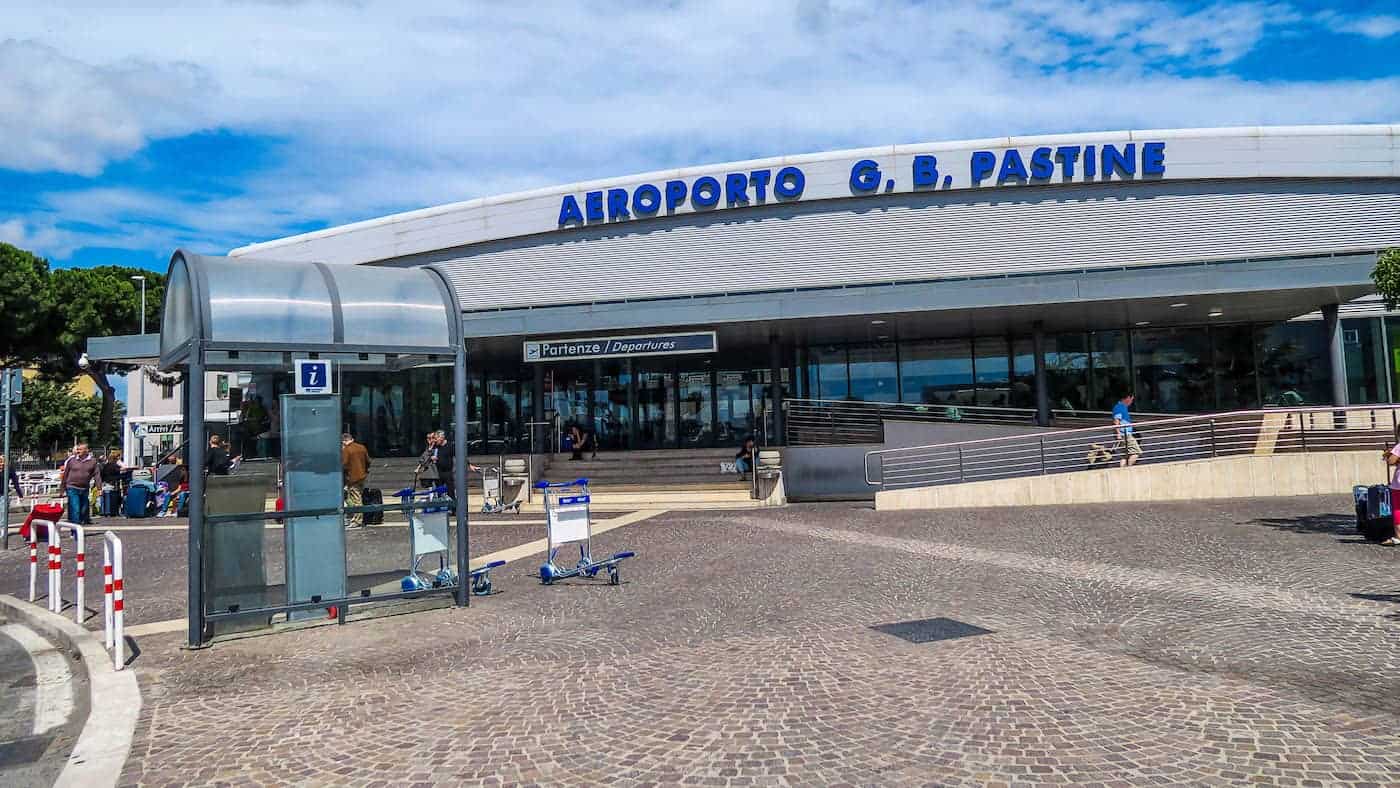
Source: Ciampino Airport
Since its establishment in 1916, Rome Ciampino Airport (CIA) has been the main aircraft entry point to the Italian capital for almost 50 years. The airport was essential to the development of Italy's standing in world aviation both during and after World War II.
When Leonardo da Vinci-Fiumicino Airport (FCO) opened in 1960, most commercial operations moved to the larger, newer airport, leaving Ciampino as Rome's primary airport. Ciampino's position within Italy's aviation network saw a dramatic shift as a result of this changeover.
After this change, Rome Ciampino Airport (CIA) was largely used for charter flights and VIP services for more than 40 years. However, when low-cost airlines realized the airport's potential in 2007, another change occurred.
Rank 4th: Bremen Airport (BRE) Founded in 1913
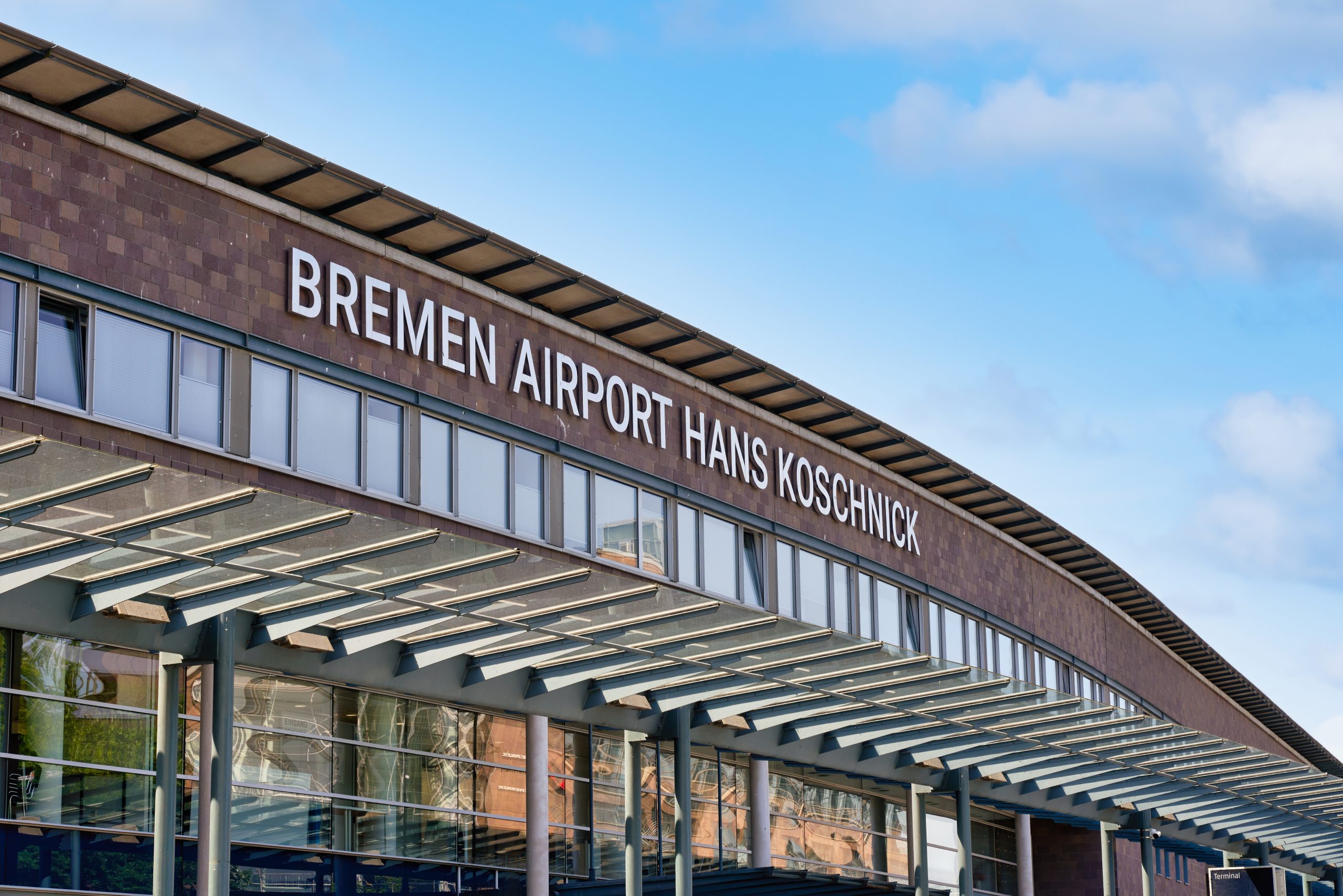
Source: Verdi
One of Germany's earliest airports built especially for airplanes rather than airships, which were common in German aviation at the time, was Bremen Airport (BRE), which opened in 1913. Bremen's innovative strategy established it as a leader in fixed-wing aircraft infrastructure.
The airport was briefly put into military use during World War I, but commercial operations were restarted in 1920 when KLM (KL) started offering flights from Bremen (BRE) to Amsterdam Schiphol Airport (AMS). One of the first international commercial aviation routes in Europe was this one.
Bremen Airport (BRE) saw substantial growth in the 1930s, but World War II once more disrupted civilian operations. With the entrance of Lufthansa in the 1950s, Bremen became a key hub in Germany's reconstructed aviation network as part of the post-war recovery.
Rank 3rd: Bucharest Băneasa Aurel Vlaicu International Airport (BBU) Founded in 1912

Source: AirlineOfficeDetails
In 1912, George Valentin Bibescu founded one of the earliest flight schools in Romania, which later on became Bucharest Băneasa Aurel Vlaicu International Airport (BBU). This airport, which is the oldest in Eastern Europe still in continuous operation, is a testament to the early adoption of aviation technology in the area.
Henri Coandă foreign Airport (OTP) was the center of TAROM's foreign operations for many years, while Băneasa was the organization's domestic headquarters.
Băneasa remained Romania's second-busiest airport, especially for low-cost carriers, even after TAROM (RO) consolidated operations at the larger facility in the early 2000s.
The airport was converted to a business-only airport that serves private and charter aircraft in 2012 after it was determined that the facilities were insufficient for Romania's expanding aviation market.
Rank 2nd: Hamburg Airport (HAM) Founded in 1911
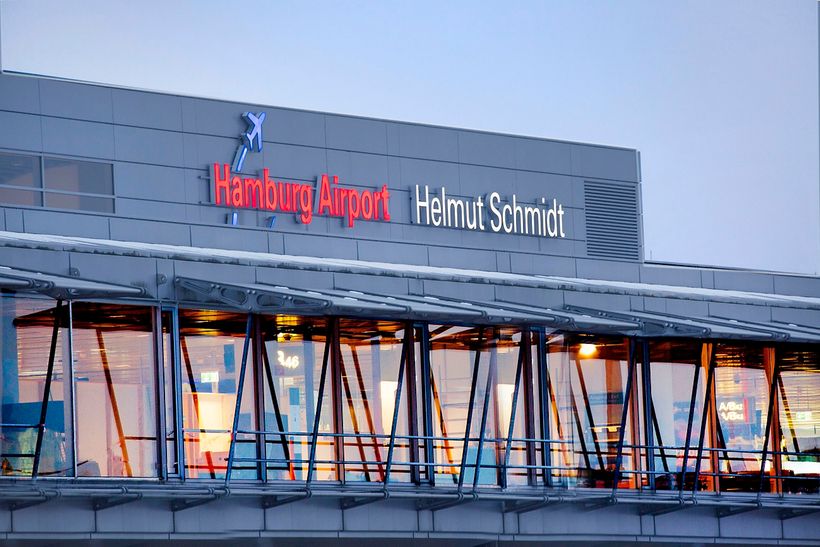
Source: Airport Industry News
The second-oldest airport in the world to be continually operational is Hamburg Airport (HAM), which opened its doors in 1911. Its endurance is a testament to the quality of German engineering as well as the city's strategic significance as a commercial hub in Northern Europe.
Hamburg Airport (HAM) was renovated for $370 million between 2001 and 2009, making it a state-of-the-art aviation facility.
The restoration improved regional connection by integrating the airport with Hamburg's metropolitan transit system and constructing two new terminal buildings that could handle big aircraft, such as the Airbus A380.
With long-haul flights to Dubai and Doha run by Emirates (EK) and Qatar Airways (QR), respectively, Hamburg Airport (HAM) currently serves over 125 destinations across Europe.
Although the airport has handled over 13 million passengers in recent years, it is still behind its pre-pandemic peak of 17 million, which is indicative of the industry's continuous efforts to recover.
Rank 1: College Park Airport (World’s Oldest Airport)
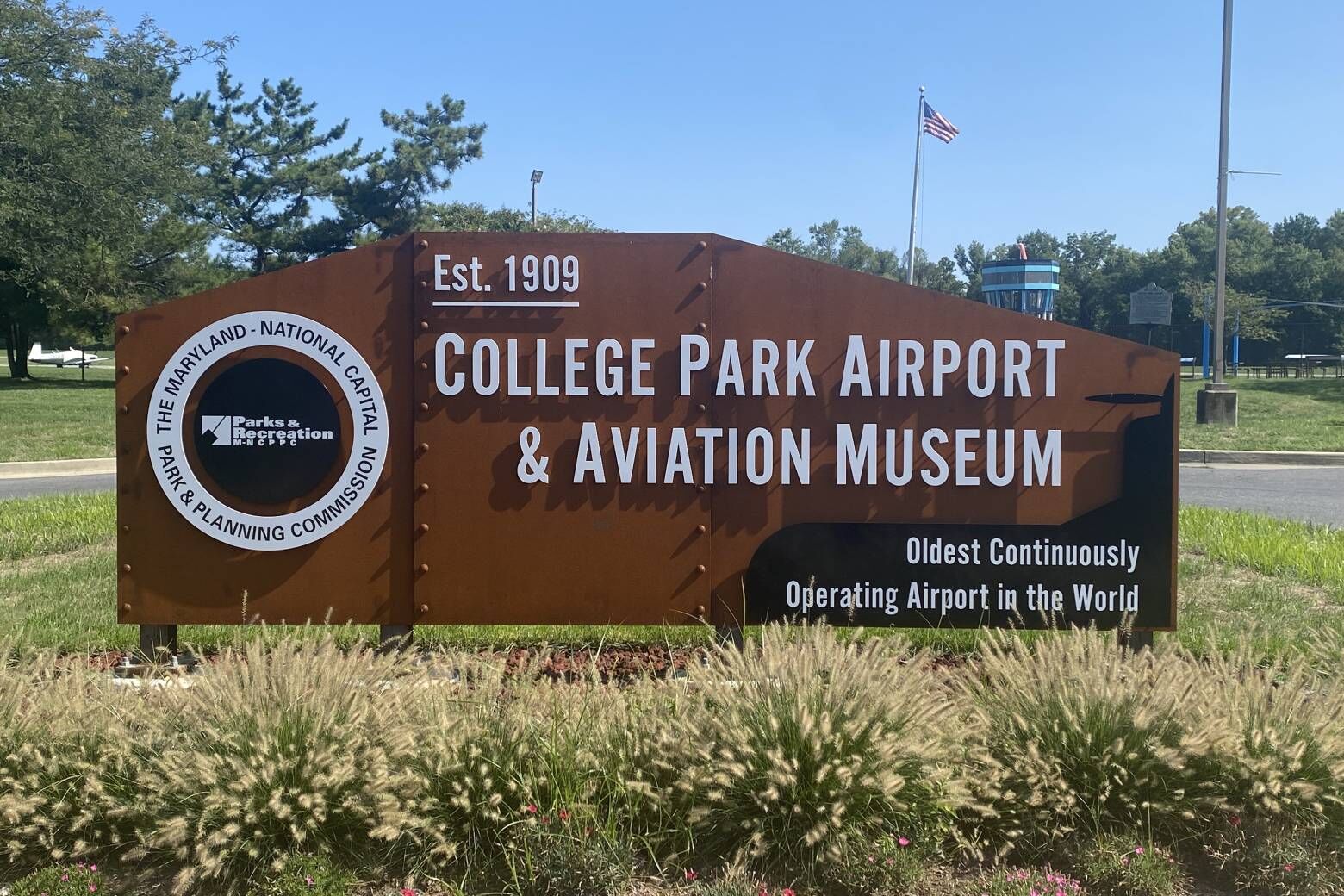
Source: WTOP
Founded in August 1909, College Park Airport (CGS) in Maryland is the oldest continually operating airport in the world. Its importance in aviation history began at its founding when Wilbur Wright expressly selected the school to train military commanders for the U.S. Army.
College Park was one of the first airports to switch from military training to civilian operations when commercial air services started there in December 1911. The airport has been dubbed the "cradle of aviation" due to its historical significance, which reflects its part in the early years of American aviation.
However, College Park Airport's operations were greatly hampered by the terrorist events of September 11, 2001. For national security considerations, the TSA imposed stringent operational restrictions because of its close proximity to Washington, D.C.
Top 10 Oldest Airports of the World
Here's a journey through the 10 oldest airports in the world, each one a living monument to aviation’s daring beginnings and relentless evolution.
| Rank | Airport Name | IATA Code | Country | Year Opened | Notable Facts |
| 1 | College Park Airport | CGS | USA | 1909 | World's oldest airport, founded by Wilbur Wright (Wright Brothers) to train U.S. Army officers |
| 2 | Hamburg Airport | HAM | Germany | 1911 | Oldest airport in Germany; underwent major renovations from 2001–2009 |
| 3 | Bucharest Băneasa Aurel Vlaicu Airport | BBU | Romania | 1912 | Eastern Europe's oldest airport; now a business and charter hub |
| 4 | Bremen Airport | BRE | Germany | 1913 | Among Germany’s first aircraft-specific airports; resumed commercial ops post-WWI |
| 5 | Rome Ciampino Airport | CIA | Italy | 1916 | Served as Rome’s main airport until 1960; now used by low-cost carriers and charters |
| 6 | Amsterdam Schiphol Airport | AMS | Netherlands | 1916 | Started as a military base; now one of Europe’s busiest international airports |
| 7 | Paris-Le Bourget Airport | LBG | France | 1919 | Site of Lindbergh’s transatlantic landing; hosts the Paris Air Show |
| 8 | Sydney Airport (Kingsford Smith) | SYD | Australia | 1920 | Oldest in the Southern Hemisphere; main international gateway for Australia |
| 9 | Minneapolis/Saint Paul International Airport | MSP | USA | 1920 | Major Delta hub; evolved from Speedway Field |
| 10 | Albany International Airport | ALB | USA | 1928 | New York’s oldest municipal airport; now handles ~2.7 million passengers annually |
From the Wright brothers' connection to College Park to Schiphol's futuristic wonder of efficiency, every facility has a distinct tale to tell about adaptation, ingenuity, and tenacity.
Although modern travelers may take the wonder of flight for granted, these airports serve as a reminder that aviation's transformation from a dream to a daily occurrence has been nothing short of remarkable.
